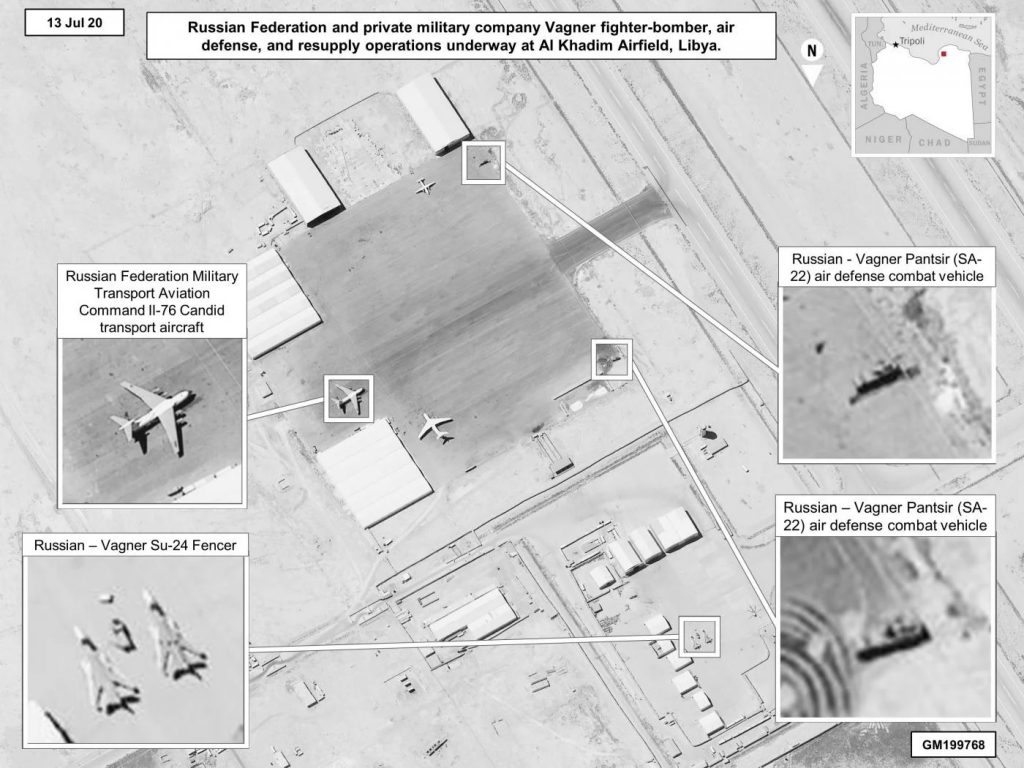Aproape 90.000 de migranţi au ajuns în Italia numai în prima jumătate a acestui an, după ce au traversat Mediterana, pornind de pe malul libian. După anul 2011, respectiv după începutul Primăverii Arabe în Orientul Mijlociu şi Africa de Nord, cifrele care arată dimensiunea valului de migraţii către Europa fluctuează ameţitor de la an la an şi chiar de la lună la lună, de la câteva mii de oameni la sute de mii. Nu vorbim acum despre refugiaţii care vin din zonele afectate de aceste revoluţii, cum sunt sirienii, ci de migranţii din Africa care au profitat de haosul instalat după căderea dictatorului libian Muammar Gaddafi pentru a găsi o rută către Europa, în special cu destinaţia Italia, Spania, Malta.






